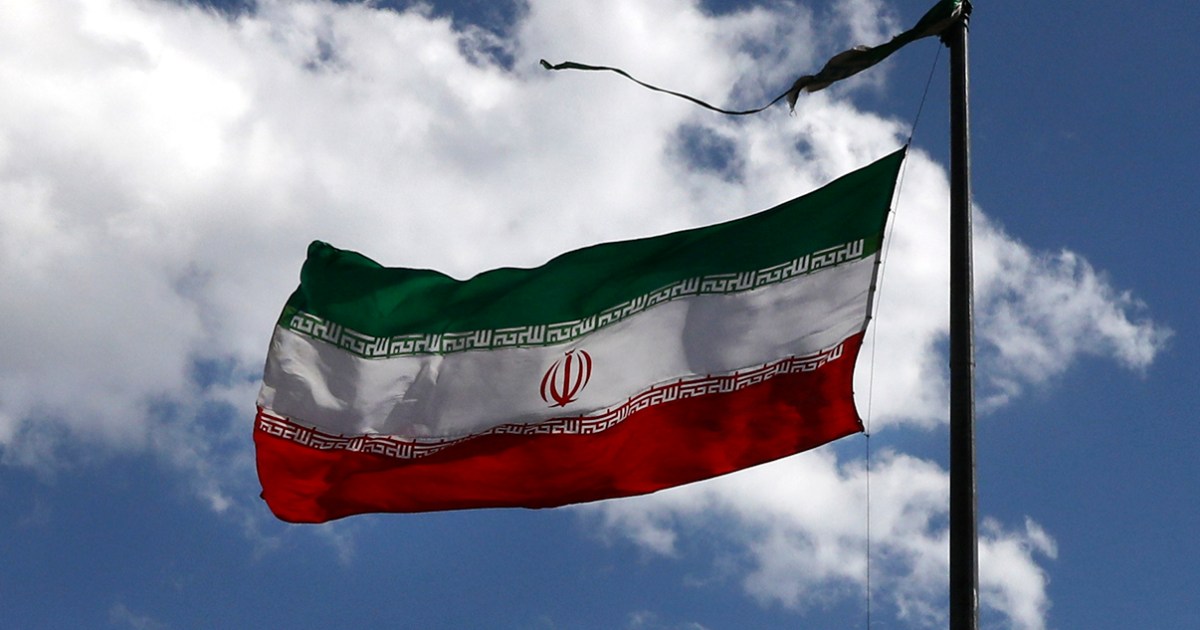Australia’s accusations were “absolutely rejected,” according to Iranian Foreign Ministry spokesman Esmaeil Baghaei on Tuesday, saying that “any inappropriate and unjustified action on a diplomatic level will have a reciprocal reaction.”
Baghaei added that the measures appeared to be “influenced by internal developments” in Australia, including weekend protests against Israel’s occupation of Gaza, which organisers claimed were the biggest pro-Palestine demonstrations in Australia’s history.
He continued, “It appears that this action is taken to make up for the limited criticism the Australian side has directed toward Israel.”
Australia’s prime minister Anthony Albanese earlier on Tuesday claimed Iran was responsible for the devastating destruction of a kosher cafe in Sydney in October and that it was responsible for the major arson attack on a synagogue in Melbourne in December.
In neither of the attacks, where assailants set fire to the homes and extensive damage, there were no fatalities.
Tohid Asadi, a journalist from Tehran, reported for Al Jazeera that Iran views Australia’s actions as a continuation of its hostility toward Australia.
Iran has been subject to a number of sanctions from Australia, such as those imposed on Iran in 2024, he said, adding that Tehran sees these most recent actions as “another sign that Australia is siding with the Israelis.”
‘Sharing in his support for the Palestinian cause’, ambassador expelled.
Ahmad Sadeghi, the Iranian ambassador, was declared a “persona non grata” by Australia, who also required him and three other officials to leave the nation in less than seven days. The move, according to Australia’s Foreign Minister Penny Wong, was the first time since World War II that Australia has expelled an ambassador.
Australia also suspended operations at its Tehran embassy, which opened in 1968, and withdrew its ambassador there.
Wong added that in order to advance Canberra’s interests, the government will continue to maintain diplomatic ties with Iran.
According to Foad Izadi, a professor of world studies at the University of Tehran, Sadeghi “vocal in his support for the Palestinian cause.”
“Australia’s decision to expel him is primarily due to that,” he said. The largest pro-Palestine demonstrations took place just a few days ago in numerous Australian cities.
The Australian government’s recent expelling of a country’s ambassador is an indication that they are afraid of their own population and afraid of the demands that this population [makes] in relation to the issue of genocide in Palestine.
The government will pass legislation to designate the Iranian Revolutionary Guard Corps, or IRGC, as a terrorist organization, according to PM Albanese.
Since Israel’s occupation of Gaza began in October 2023, the Australian Security Intelligence Organization is looking into IRGC involvement in other anti-Jewish attacks.
Izadi refuted those assertions, saying that it “hasn’t provided any evidence.” He believes that the Australian government made these decisions because it is concerned about the Australian people’s serious objections to Israel and calls for greater political activism against the genocide in Palestine.
Australia’s actions against Iran coincide with Israel’s ties with the country’s decision to support France, the UK, and Canada’s recognition of a Palestinian state at the UN General Assembly in September.
Israeli Prime Minister Benjamin Netanyahu described Albanese as a “weak politician who betrayed Israel and abandoned Australia’s Jews” last week.
Source: Aljazeera

Leave a Reply